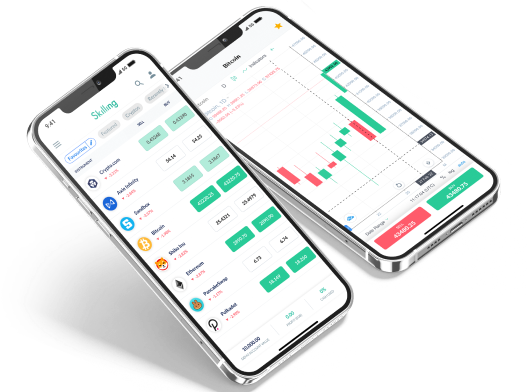The issue price is a fundamental concept in finance, particularly when it comes to the initial public offerings (IPOs) of stocks and the issuance of bonds. It represents the price at which new securities are offered to the public for the first time. Understanding the issue price is crucial for investors and companies alike, as it influences investment decisions and capital-raising strategies.
This article will explore what the issue price is, provide examples from stock and bond markets, explain the difference between the issue price and market price, and discuss the role of underwriters in setting the issue price.
What is the issue price?
The issue price is the price at which a company sells its shares or bonds to investors during an initial public offering (IPO) or a new bond issuance. This price is determined before the securities begin trading on the secondary market. The issue price is critical as it sets the initial value of the securities and influences the company's ability to raise capital.
For companies in Italy, such as Eni SpA and Fiat Chrysler Automobiles, the issue price during their IPOs played a significant role in determining their market entry and investor perception.
Examples of issue price in stock and bond markets
Stock market example:
When an Italian company, such as Ferrari N.V. went public, it set an issue price for its shares. In Ferrari’s IPO in 2015, the issue price was set at $52 per share. This price was based on various factors, including market conditions, investor demand, and the company's financial health.
Bond market example:
Consider an Italian government bond issuance. If the Italian government issues a new 10-year bond with a face value of €1,000 and sets the issue price at €950, investors pay €950 to purchase the bond. The difference between the face value and the issue price represents the discount at which the bond is sold.
Issue price vs. market price: Difference
The issue price and market price are two different concepts in the financial markets.
| Aspect | Issue price | Market price |
|---|---|---|
| Definition | The price at which new securities are offered to investors. | The price at which securities trade on the secondary market. |
| Determination | Set by the issuing company and underwriters. | Determined by supply and demand in the market. |
| Timing | Established before the securities begin trading. | Fluctuates continuously during market hours. |
| Influence | Affects the initial capital raised by the company. | Reflects current market perception and investor sentiment. |
YFIUSD: 00:00 - 21:00 UTC
NZDJPY: 00:00 - 21:00 UTC

Role of underwriters in setting issue price
Underwriters play a key role in determining the issue price of securities. They are financial institutions, typically investment banks, that help companies bring new securities to the market. Here’s how underwriters influence the issue price:
- Market analysis: Underwriters conduct thorough market research to assess the current market conditions, investor appetite, and the financial health of the issuing company.
- Valuation: They evaluate the company's assets, earnings, and growth potential to determine a fair value for the securities.
- Roadshows: Underwriters organize roadshows to present the company to potential investors and gauge their interest and demand.
- Price setting: Based on the gathered data, underwriters recommend an issue price that balances the company’s capital needs with the investors' willingness to pay. They aim to set a price that maximizes capital raised while ensuring a successful market entry.
- Underwriting agreement: Underwriters often agree to buy the securities at a discount and resell them to the public, assuming the risk if the securities do not sell at the expected price.
For example, during the IPO of Telecom Italia, underwriters played a vital role in determining the issue price to ensure the successful listing of the company’s shares on the stock market.

Summary
The issue price is a critical element in the financial markets, determining the initial value of new securities offered to investors. It differs from the market price, which fluctuates based on supply and demand.
Underwriters are instrumental in setting the issue price, leveraging their market expertise to balance the interests of the issuing company and potential investors. Understanding and effectively setting the issue price can significantly impact their ability to raise capital and succeed in the market.
FAQs
1. What is the issue price?
The issue price is the price at which new securities are offered to investors during an IPO or new bond issuance.
2. How is the issue price determined?
The issue price is determined by the issuing company and underwriters based on market analysis, company valuation, and investor demand.
3. What is the difference between the issue price and the market price?
The issue price is set before securities begin trading, while the market price fluctuates based on supply and demand once trading begins.

4. What role do underwriters play in setting the issue price?
Underwriters conduct market research, evaluate the issuing company, gauge investor interest, and recommend an issue price that balances the company's needs with investor demand.
5. Why is the issue price important?
The issue price sets the initial value of the securities, influencing the company's ability to raise capital and investor perception of the company's market entry.
Incidentally, if you are interested in exploring different trading opportunities, understanding the Cocoa price can offer valuable insights into the soft commodities market, although past performance does not guarantee or predict future performance.













